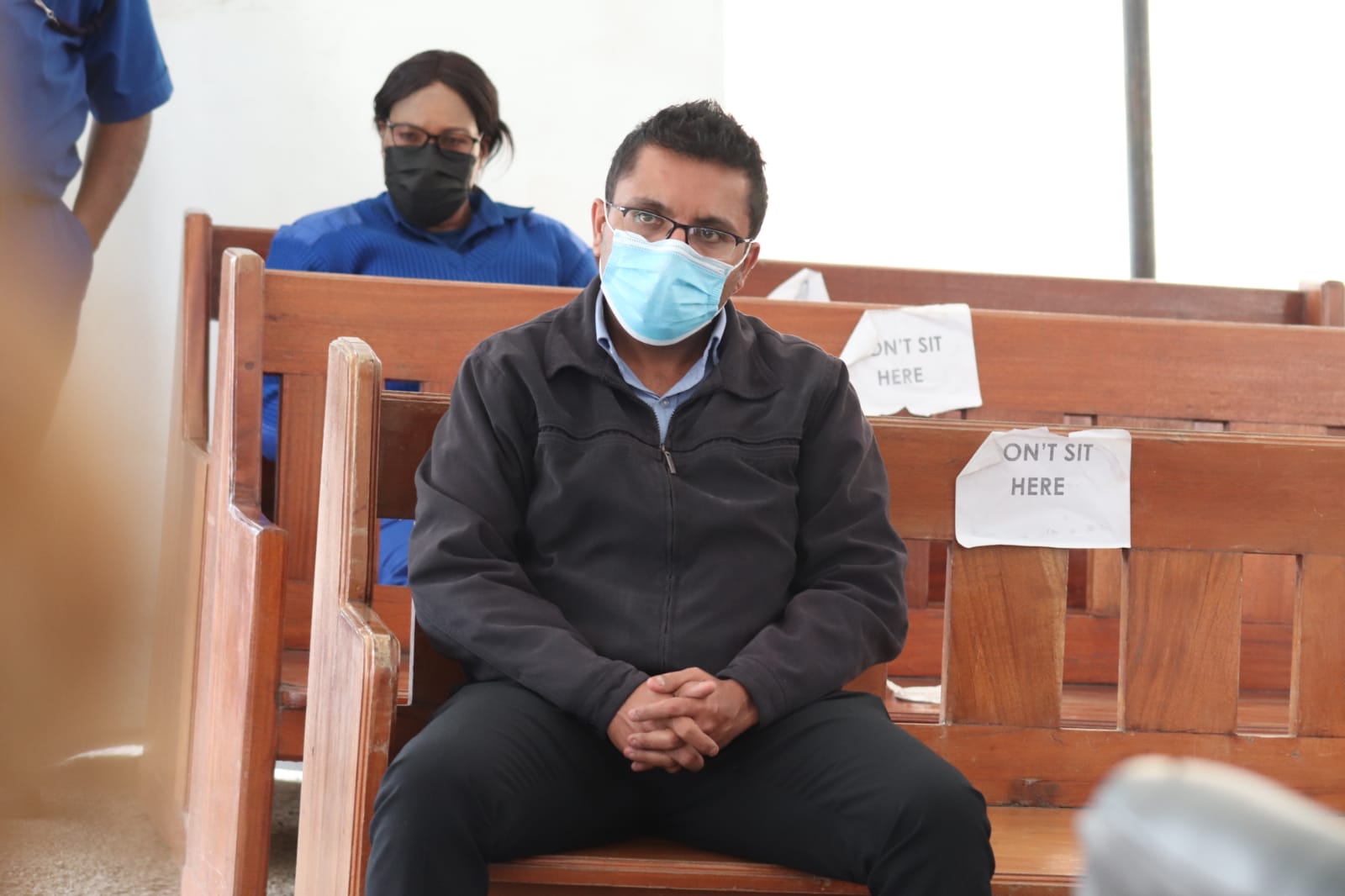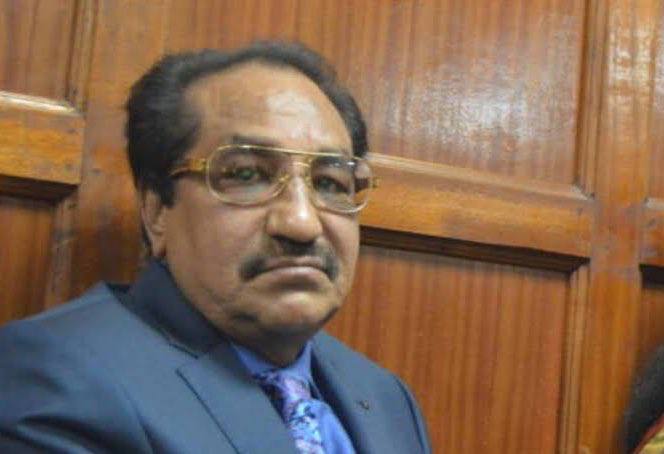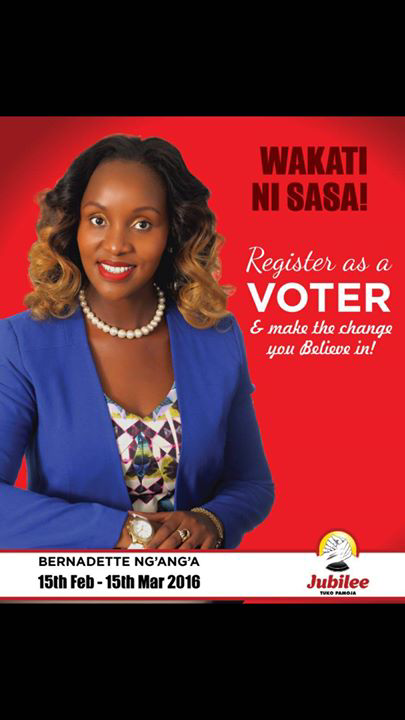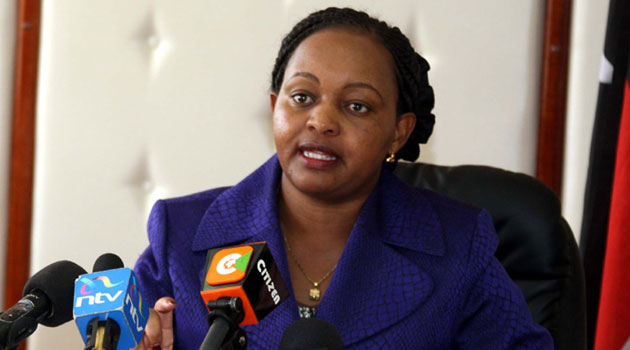Protests have engulfed several towns and regions in Tanzania following the contentious October 29 General Election, with growing claims that President Samia Suluhu Hassan reached out to Kenyan President William Ruto and Ugandan President Yoweri Museveni amid mounting unrest.
According to reports by African Intelligence, Suluhu allegedly held separate phone calls with both leaders on the night of October 30, seeking support from her East African Community counterparts as tensions threaten to destabilize the nation.
The calls, however, have not been officially confirmed. Diplomatic sources indicate that Western embassies in Dar es Salaam remain uncertain about the government’s next steps, with little to no communication from Suluhu’s administration since the election.
The situation on the ground paints a grim picture. Tear gas, live ammunition, and heavy police deployment have turned Tanzania’s streets into battlegrounds. Eyewitnesses report chaos in Dar es Salaam, Dodoma, and Mwanza, where security forces have clashed with protesters demanding electoral justice and the release of jailed opposition leader Tundu Lissu.

Chaos in Tanzania Escalates as Suluhu’s Leadership Faces Regional and Global Scrutiny
Reports from across the country suggest that dozens of people have been killed, though opposition leaders claim the number could be as high as 700. The Tanzanian police have neither confirmed nor denied the figures, fueling further anger among the public.
In the northern regions, particularly Mwanza and Arusha, gunfire echoed through the streets as demonstrators defied curfews. In Dodoma, soldiers and anti-riot police blocked major roads leading to the capital, effectively trapping residents indoors.
The situation has spilled over to the border towns. In Namanga, which straddles the Kenya-Tanzania border, several Kenyans were reportedly shot after being caught in the crossfire. Authorities in Nairobi have since cautioned citizens against traveling to border areas until the situation stabilizes.
The United Nations Human Rights Office has condemned the excessive use of force by Tanzanian security agencies. Speaking from Geneva, UN spokesperson Seif Magango said, “We are alarmed by the deaths and injuries that have occurred in the ongoing election-related protests. Reports indicate that at least 10 people have been killed.”
Magango urged Tanzanian authorities to exercise restraint and respect international human rights standards, calling for transparent investigations into the deaths and injuries reported.
Opposition Claims and Global Reactions
Tanzania’s opposition leaders have accused Suluhu of manipulating the election process to maintain power. Tundu Lissu, who remains behind bars, had previously warned of “state-backed intimidation and voter suppression.” His arrest just days before the election fueled widespread outrage among his supporters.
Another opposition figure was disqualified from the race, leaving Suluhu’s ruling party with little competition. Protesters argue that the election was predetermined and that the democratic process has been undermined by systematic state control.
International observers, including civil society groups and regional watchdogs, have voiced concern over the conduct of the election. Several Western diplomats have expressed frustration with Suluhu’s administration for “shutting down communication channels” during a crucial period when transparency is most needed.
While regional leaders have remained publicly silent, insiders suggest that Ruto and Museveni’s conversations with Suluhu centered on “regional stability and crisis management.” However, neither Nairobi nor Kampala has issued a formal statement, fueling speculation about possible behind-the-scenes negotiations.

Internet Blackout and Media Suppression
The Suluhu administration also enforced a nationwide internet and communications blackout on election day, silencing dissenting voices and blocking reports of abuse. Social media platforms, including X (formerly Twitter), Facebook, and WhatsApp, were restricted, leaving citizens unable to share real-time updates of the unfolding chaos.
Local journalists have reported harassment, intimidation, and arbitrary arrests by security agencies. Media watchdogs claim that government forces are targeting reporters documenting violence and voter suppression.
Among those detained is Kenyan journalist Shoka Juma, affiliated with Nyota TV. He was arrested while allegedly attempting to monitor civilian movements near the Lunga Lunga border. Juma’s whereabouts remain unknown, raising concerns over the treatment of foreign journalists in Tanzania.
Human rights groups have called on the African Union and international community to pressure Suluhu’s government to restore communication channels, respect press freedom, and allow independent monitoring of the situation.
As the world watches, Tanzania’s image as a once-stable democracy in East Africa is rapidly fading. The continued unrest, widespread arrests, and international silence threaten to push the nation toward prolonged instability.











































